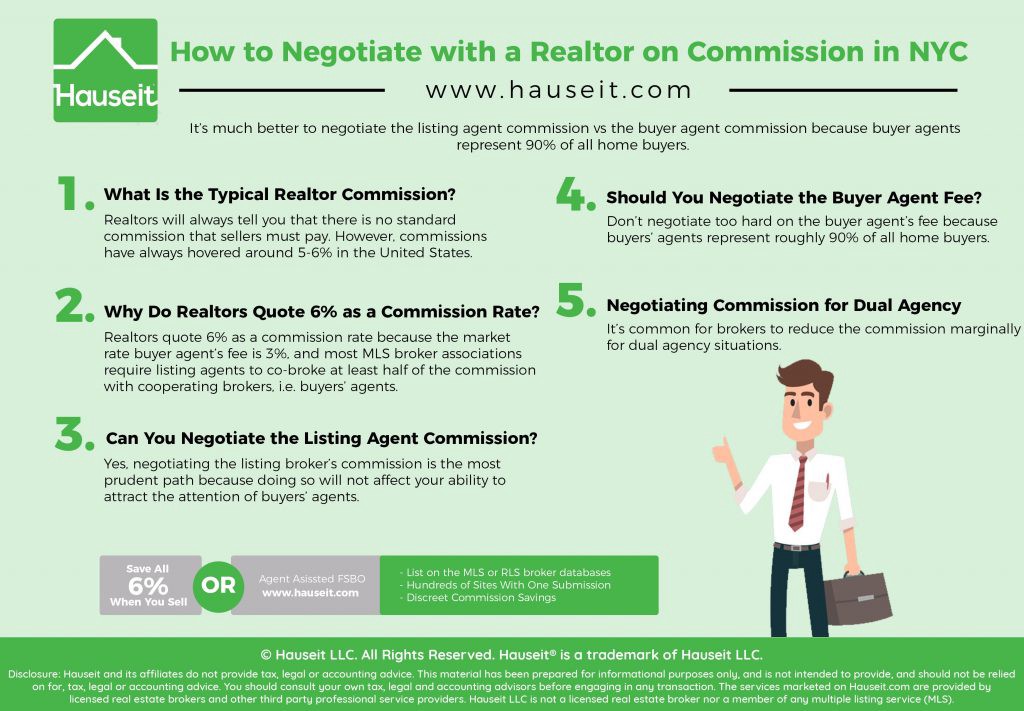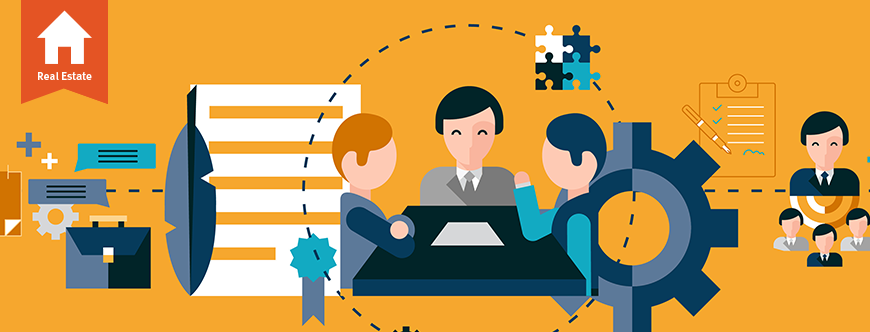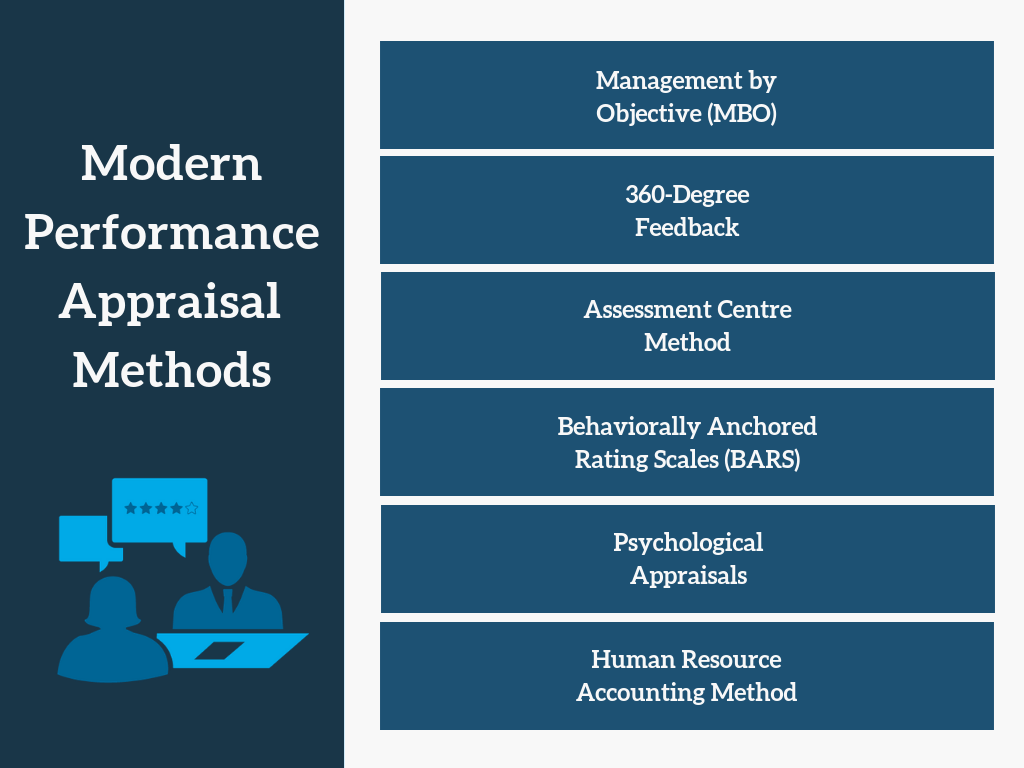
One of the most important questions you will ask when you start to think about getting a real estate license in Florida is what education you need to get started. This article will outline the requirements for pre-licensing education, how long it takes, and how to make the most of that education. We'll also discuss which courses are the most important, and what you should expect to pay as a result.
Pre-licensing education
You must complete pre-licensing training before you can begin practicing real estate in Florida. You must take at least 63 hours of pre-licensing education before you can apply for a license. These courses should include the law, mathematics, and principles of real estate practice. Some courses cost $100-500. The minimum passing score required to be licensed in Florida is 70 percent. Attorneys don't need to take pre-licensing classes. They can sit for the exam as a sales associate without a license.

Online or in-person pre-licensing education can be obtained for real property in Florida. Some of these courses can be self-paced with practice exams. Other courses offer a range of study aids such as practice exams and books. No matter what your choice is, it's important to meet the state's pre-licensing requirements. Fortunately, there are some online programs that are free and offer pre-licensing education.
Cost of pre-licensing training
Depending on the state you're in, the cost of pre-licensing education for real estate can range from $100 to $1,000. This is due to the fact that creating real estate courses takes a lot of energy and time. These courses must be produced by companies. They must pay staff to maintain the content current and meet state legal requirements. While many brokerages and title firms offer continuing education classes for no cost, they are not always free. These courses are more thorough and longer than the other courses.
No matter where you live, Florida's pre-licensing education is well worth the investment. A Florida realty exam contains 100 multiple-choice items and a passing mark of 75%. There are 45 questions that focus on real estate principles and law, and 10 questions that assess your mathematical abilities. If you do your homework, you can expect to get a score of 75% and higher.
Time required to complete pre-licensing education
In order to obtain a real estate license in Florida, an individual must be eighteen years old and pass a background check. They must also complete at least 90 hours of pre-licensing education and a six-hour course in contract writing. They must be of good moral character and declare any convictions. They cannot be granted a real property license if they were convicted in a felony conviction. Fingerprint clearance is required. Their Broker will then approve them online. They then need to complete their continuing education requirements.

Applicants must be at least eighteen years old and have a social security number issued by the United States. Additionally, applicants must hold a high school diploma. Real estate education is not necessary in Florida. However, having the right foundation can help you learn the ropes. Florida recognizes licenses obtained from Arkansas, Georgia Georgia, Illinois, Arkansas, and Arkansas. Florida allows applicants to apply for licenses if they hold a realty license from one of the above states. Candidates from Arkansas and Connecticut, Georgia, Illinois, or Connecticut will also need to pass the state exam.
FAQ
What are the disadvantages of a fixed-rate mortgage?
Fixed-rate loans are more expensive than adjustable-rate mortgages because they have higher initial costs. Additionally, if you decide not to sell your home by the end of the term you could lose a substantial amount due to the difference between your sale price and the outstanding balance.
Should I buy or rent a condo in the city?
Renting could be a good choice if you intend to rent your condo for a shorter period. Renting will allow you to avoid the monthly maintenance fees and other charges. You can also buy a condo to own the unit. You can use the space as you see fit.
Can I buy my house without a down payment
Yes! There are programs available that allow people who don't have large amounts of cash to purchase a home. These programs include FHA loans, VA loans. USDA loans and conventional mortgages. Visit our website for more information.
What is a reverse mortgage?
A reverse mortgage lets you borrow money directly from your home. This reverse mortgage allows you to take out funds from your home's equity and still live there. There are two types: government-insured and conventional. Conventional reverse mortgages require you to repay the loan amount plus an origination charge. FHA insurance covers repayments.
Statistics
- When it came to buying a home in 2015, experts predicted that mortgage rates would surpass five percent, yet interest rates remained below four percent. (fortunebuilders.com)
- Some experts hypothesize that rates will hit five percent by the second half of 2018, but there has been no official confirmation one way or the other. (fortunebuilders.com)
- This seems to be a more popular trend as the U.S. Census Bureau reports the homeownership rate was around 65% last year. (fortunebuilders.com)
- Over the past year, mortgage rates have hovered between 3.9 and 4.5 percent—a less significant increase. (fortunebuilders.com)
- It's possible to get approved for an FHA loan with a credit score as low as 580 and a down payment of 3.5% or a credit score as low as 500 and a 10% down payment.5 Specialty mortgage loans are loans that don't fit into the conventional or FHA loan categories. (investopedia.com)
External Links
How To
How to locate an apartment
Finding an apartment is the first step when moving into a new city. This requires planning and research. This involves researching and planning for the best neighborhood. Although there are many ways to do it, some are easier than others. Before renting an apartment, you should consider the following steps.
-
You can gather data offline as well as online to research your neighborhood. Online resources include Yelp and Zillow as well as Trulia and Realtor.com. Online sources include local newspapers and real estate agents as well as landlords and friends.
-
Read reviews of the area you want to live in. Yelp and TripAdvisor review houses. Amazon and Amazon also have detailed reviews. You may also read local newspaper articles and check out your local library.
-
Call the local residents to find out more about the area. Talk to those who have lived there. Ask them what the best and worst things about the area. Ask them if they have any recommendations on good places to live.
-
Consider the rent prices in the areas you're interested in. Consider renting somewhere that is less expensive if food is your main concern. Consider moving to a higher-end location if you expect to spend a lot money on entertainment.
-
Find out information about the apartment block you would like to move into. What size is it? How much does it cost? Is it pet-friendly? What amenities do they offer? Can you park near it or do you need to have parking? Are there any rules for tenants?